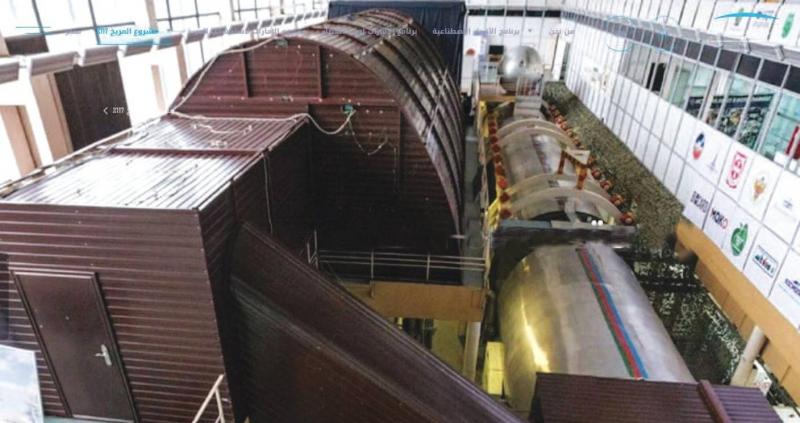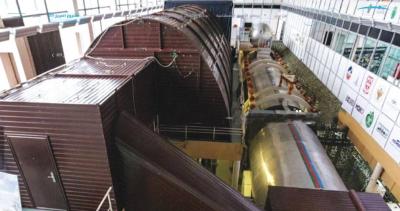The Mohammed bin Rashid Space Centre announced the approaching date for selecting Crew Number One, who will participate in the "Emirates Mars Simulation Project", the first national mission to simulate life in space. The center stated in an announcement published yesterday on its social media accounts that the crew will consist of two individuals, one primary and one backup, who will undergo an eight-month global experience at the Institute of Biomedical and Medical Research of the Russian Academy of Sciences in Moscow, simulating life in a space environment alongside participants from different countries.
According to the center, the mission is part of the international scientific research program at the unique terrestrial station "Sirius" and will focus on studying the effects of long-term isolation in a closed space on the psychological and functional physical state of humans. The project is part of the "Mars 2117 Program," which aims to establish the first human settlement on the surface of the red planet by 2117. Dozens of applicants have registered, and many tests have been conducted, resulting in the selection of 10 candidates, of which only two will be chosen soon to join the international scientific research program at the "Sirius" terrestrial station in November.
The participating team in the international scientific experiment will undergo behavioral and psychological tests to help find answers regarding the effects of an isolated space environment on humans. The results will be utilized to design and implement future missions aimed at sending manned missions for space exploration. The international scientific experiment "Sirius 20/21" offers a significant opportunity for a young Emirati to be part of a pivotal experience that will lay the foundations for designing and executing future space missions, creating a roadmap for exploring Mars and other planets.
This will fundamentally contribute to developing local capabilities to support the implementation of the Mars 2117 Program, as the project, upon its launch, will focus on studying the effects of isolation and prolonged stay in one place on human health, both physical and mental. The simulation experience plays a key role in the field of space exploration and understanding various aspects related to it, helping scientists develop effective mechanisms and techniques for upcoming missions that serve humanity.
Analog experiments simulating life on Mars are becoming an important element in determining the form and method of executing future missions to explore Mars and other planets. Humans can conduct research to answer many questions about the effects of a space environment on human life without the need to send people into space.




